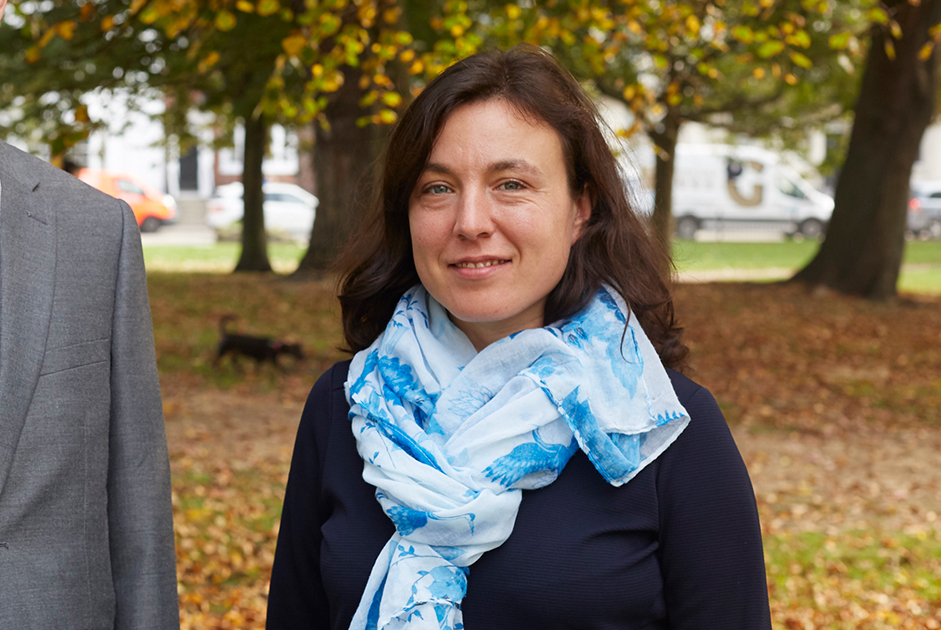Challenging Transitions From Child To Adult Services For Disabled Young People
Disabled young people and their families are encountering huge challenges as they begin the confusing transition from child to adult services for social care, health and education.
Many families find that their support and provision is being reduced. The high volume of cases, lack of coordination between agencies and the fact that departments within the same local authority are not communicating with each other mean that the young person and their family carers do not get the services they both need and are entitled to.
Helpfully, in July 2018, the Local Government and Social Care Ombudsman published his report on a complaint concerning a young man of 19 with Down’s Syndrome, who had attended a Local Authority (LA) special school with free home to school transport. He had a Statement of Special Educational Needs (SEN).
When he reached 19, he was offered a specialist college place, some distance from his home but no transport was provided. His SEN Plan was carried over to a new Education, Health and Care Plan (EHCP) but this process was delayed. His mother agreed the college placement, but was unhappy with the rest of the EHCP provision.
The Ombudsman criticised the LA’s failure to consider the man’s social care needs as part of his EHCP. The social worker had failed to carry out a mental capacity assessment or consider transport, provision for college holidays, or his mother’s needs as a carer.
Legislation and guidance are clear that transition planning should begin as early as possible when it is known that the child is likely to need care and support after turning 18. A carer’s assessment should also take place.
The Special Educational Needs and Disability Code of Practice also requires Local Authorities to ensure that from the age of 13, Year 9 onwards, every review of an EHCP includes a focus on preparing for adulthood. This must be centred around the individual child or young person’s aspirations and abilities, what they want to achieve after leaving education or training and what support they need. High levels of coordination between SEN teams, social care and Clinical Commissioning Groups are essential to support young people with the most severe needs.
Unfortunately, practice often falls short of the ambitious aims of this legislation. Even where individual services are engaging well with families there is often a lack of coordination and consideration of how best to meet the child or young person’s needs. While most young people will now have transferred onto EHCPs (the last deadline for transfer was 1 April 2018), we often see EHCPs that heavily focus on education with little or no provision for health or social care.
From 16, it is the young person rather than their parent who has the statutory right to challenge an EHCP. However, a parent or carer of a young person lacking capacity to make decisions for themselves about where they live, their care or education can consider becoming a Health and Welfare Deputy when the person reaches 16.
The move from child to adult services can be complex and many families do not feel confident to challenge Local Authorities and CCGs about inadequate assessments, particularly if this involves taking court action.
Timely legal intervention, including using the complaints process, correspondence and negotiation, meetings, mediation and where necessary legal action, can ensure transition runs smoothly so that the young person and their family obtain the support they need.
If you require specialist Education Law advice for your clients with health and care needs under the age of 25, contact us today on 01273 609911, or email info@ms-solicitors.co.uk to find out more about our Education Law Services For Professional Deputies & Attorneys.



